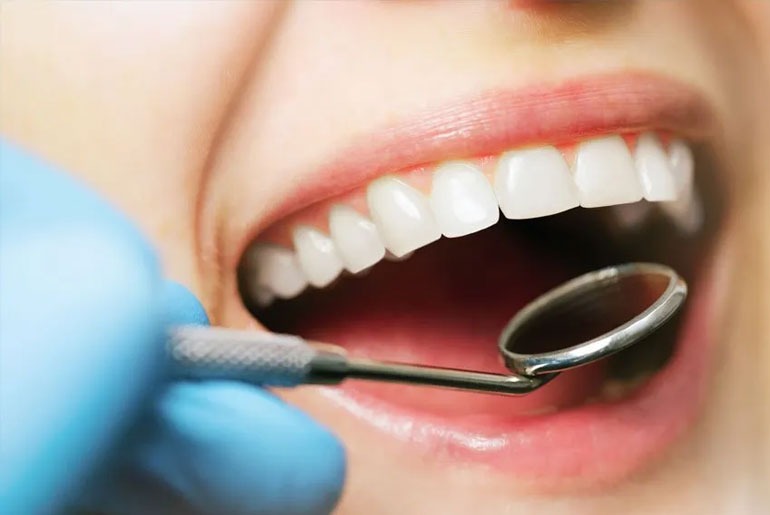Mouth cancer, also known as oral cancer, is a malignant growth that can occur in various parts of the mouth, including the lips, tongue, gums, and the lining of the cheeks. It is often associated with risk factors such as tobacco use, excessive alcohol consumption, and human papillomavirus (HPV) infection. The symptoms of mouth cancer may include persistent mouth sores, difficulty in swallowing, changes in voice, and unexplained weight loss. Early detection is crucial for successful treatment, which may involve surgery, radiation therapy, and chemotherapy. Regular dental check-ups, lifestyle modifications to reduce risk factors, and awareness of potential symptoms are essential in preventing and managing this form of cancer.
It’s important to note that these signs are not exclusive to mouth cancer and can be indicative of various oral health issues. If you notice any concerning symptoms, it’s crucial to consult a healthcare professional or dentist for a proper diagnosis. Signs that may be visible in the teeth and could be associated with mouth cancer include:
- Tooth Mobility: If you experience sudden or unexplained tooth mobility (loose teeth) without a clear dental cause, it could be a sign of advanced oral cancer affecting the jawbone.
- Changes in Tooth Color: Discoloration of teeth, such as darkening or a reddish tint, can be associated with certain types of oral cancer. This change may occur in a specific tooth or affect multiple teeth.
- Tooth Pain or Sensitivity: Persistent tooth pain or heightened sensitivity in the absence of dental issues could be a sign of underlying oral health problems, including potential malignancies.
- Gum Changes: Cancerous growths can affect the gums, leading to changes in their appearance. Look for swelling, discoloration, or persistent bleeding from the gums.
- Ulcers or Sores: While soft tissue changes are more common, cancers can cause ulcers or sores that extend to the surrounding teeth. These may be painful and slow to heal.
- Jaw Pain or Stiffness: Oral cancer can affect the jawbone, causing pain, stiffness, or difficulty in jaw movement. This may affect the alignment of the teeth and cause changes in your bite.
- Numbness or Tingling: Numbness or tingling sensations in the teeth or surrounding areas may occur if oral cancer affects nerves in the region.
It’s essential to recognize that these signs are not specific to mouth cancer and can be related to other oral health issues. Regular dental check-ups are crucial for monitoring oral health and identifying potential concerns early on. If you notice any persistent changes in your oral cavity, seek professional evaluation to determine the cause and appropriate course of action. Early detection and intervention significantly improve the chances of successful treatment.
Disclaimer:
The information contained in this article is for educational and informational purposes only and is not intended as a health advice. We would ask you to consult a qualified professional or medical expert to gain additional knowledge before you choose to consume any product or perform any exercise.







